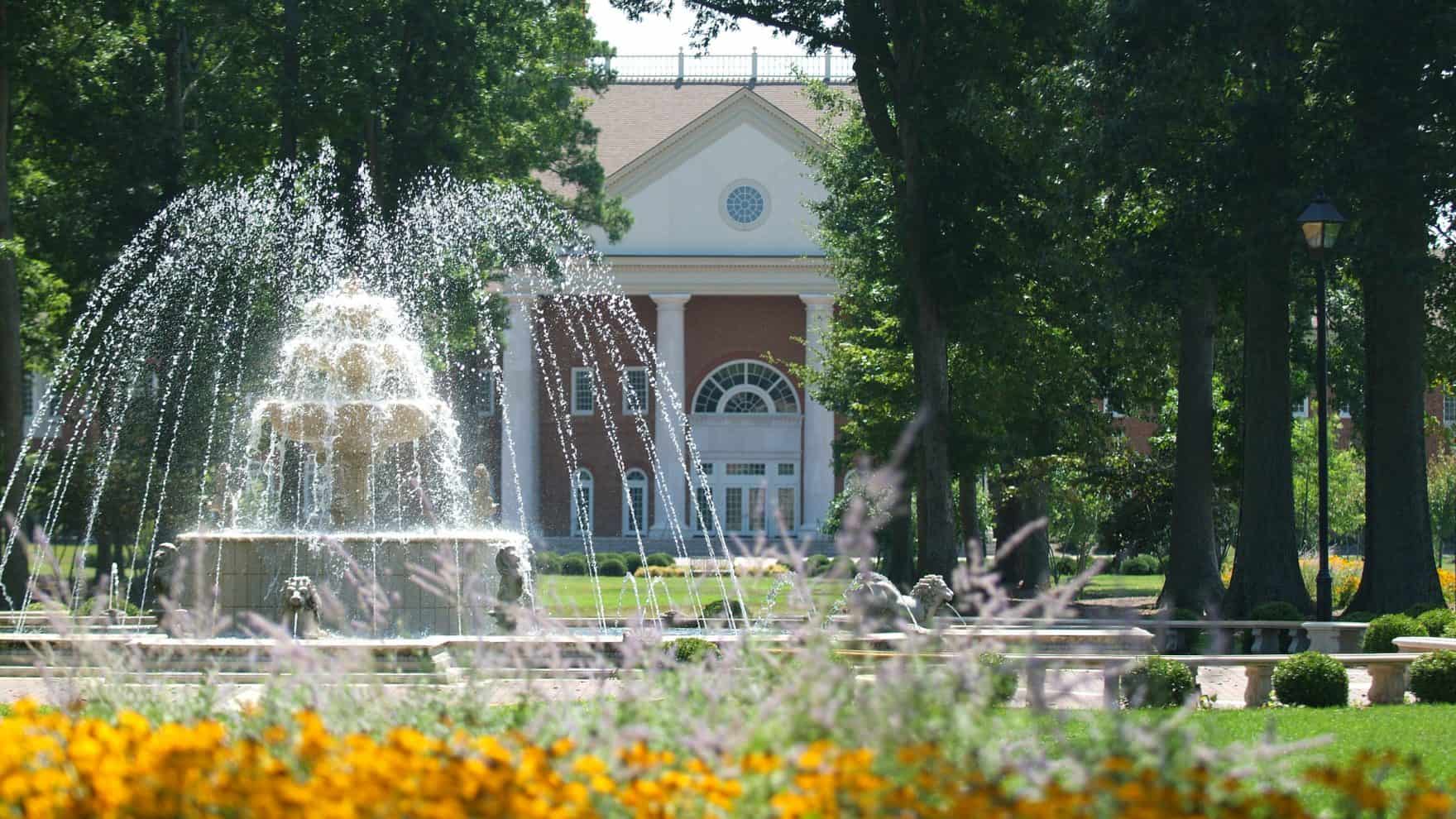
SPC Names its Counseling Labs in Honor of Dr. George Jefferson
Friends and faculty gathered Wednesday, December 2, with their well-wishes to an original Regent University School of Psychology & Counseling (SPC) faculty member. Dr. George Jefferson is retiring after serving for 31 years as a professor in Regent’s Master’s in Counseling program.
https://youtu.be/iS99uSQKD7E
“George was particularly good in terms of emotional intelligence, the ability to track people emotionally and relate with them on a level to relate to their emotional responses,” said Dr. William Hathaway, SPC dean. “He knew what someone was feeling and how to connect to that in a way that allowed you to direct the conversation and the relationship in helpful ways for the individual.”
The SPC will forever remember his legacy by renaming its counseling labs after him. This area of the Classroom Building houses therapy-type rooms where students sit with clients as they would in a mental health professional’s office. Cameras and recording devices capture the mock counseling session, and professors provide their perspectives on each interaction, breaking it down phrase-by-phrase.
“George Jefferson was a particularly great professor in the area of counseling skills,” said Hathaway. “This is really the area of skill that all counselors need. To some extent, being a good counselor is being able to relate to people well, being able to connect to them, to be a good support. That’s a natural ability that some people have, but it’s also an ability that can be taught if you have a skilled professor. He did this as well as anyone. He did this par-excellence.”
“People need to be heard so they can sort themselves out,” said Jefferson. “A counselor’s task isn’t so much to show or tell people what to do, but to help them sort out what the options are in God’s world, so they can choose the options that fit them.”
Paraphrasing Scottish author and minister George McDonald, Jefferson says the true job is not to even teach them how to think, but to point them to Christ who can teach them anything. He says we receive the concept of counseling from the Bible.
“It’s a biblical kind of idea. Before there were professional counselors, there were good prophets, pastors and shepherds who did that work,” said Jefferson. “What I really focus on and believe is so important is to discover that we can be present to somebody in a way that is meaningful to them and to me. It isn’t like it’s giving, giving, giving. There is a great satisfaction in discovering life together. It’s a growing process for a counselor and for students.
Jefferson is remembered for his ability to emotionally relate with others and explain complex topics with wit and good humor, particularly his incredible repertoire of quotes and sayings from philosophy and pop culture that he’d rattle-off at just the right moment during closing prayers or hallway conversations.
“He’s inspired multiple generations of people to go into professional counseling,” said Hathaway. “One of the things we hear consistently from employers, people who they work with in the community, is that our students are very well trained in these basic counseling skills. To a large part of it, that’s Dr. Jefferson’s legacy.”
Jefferson left such a legacy by empowering counselors to change lives. A plaque outside of the counseling labs pays tribute to this. He is considering adjunct teaching in retirement.

